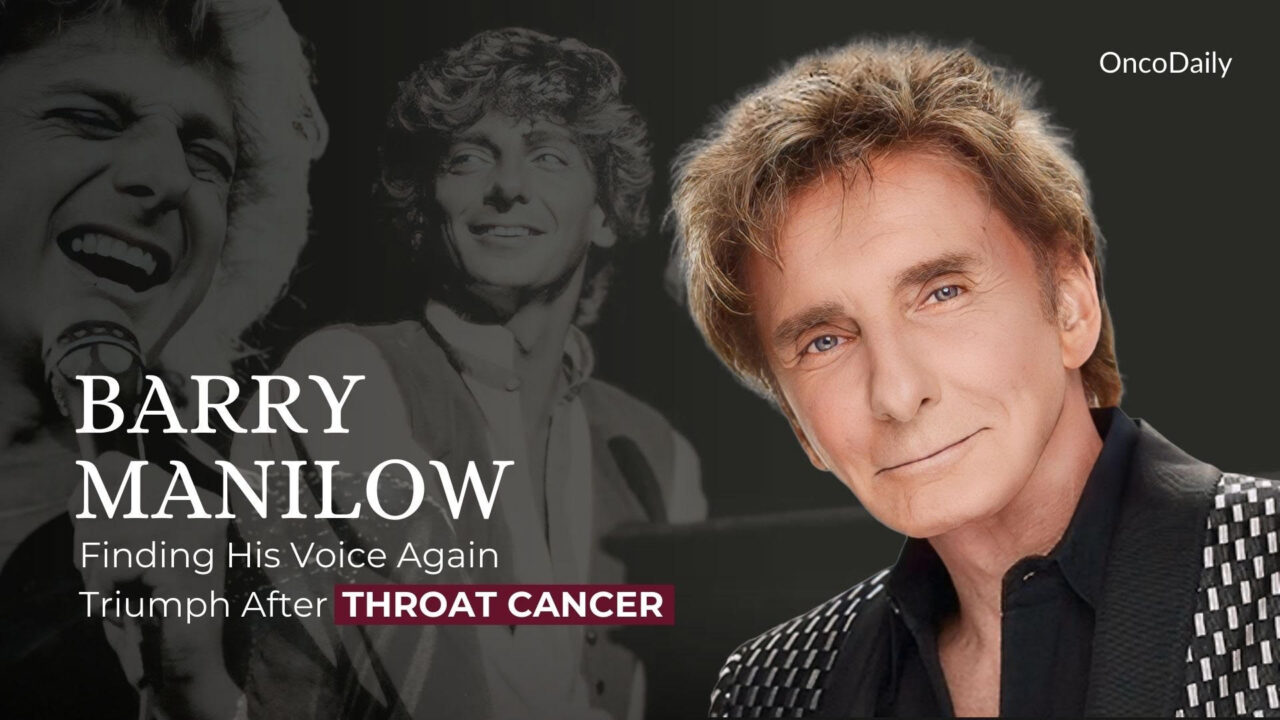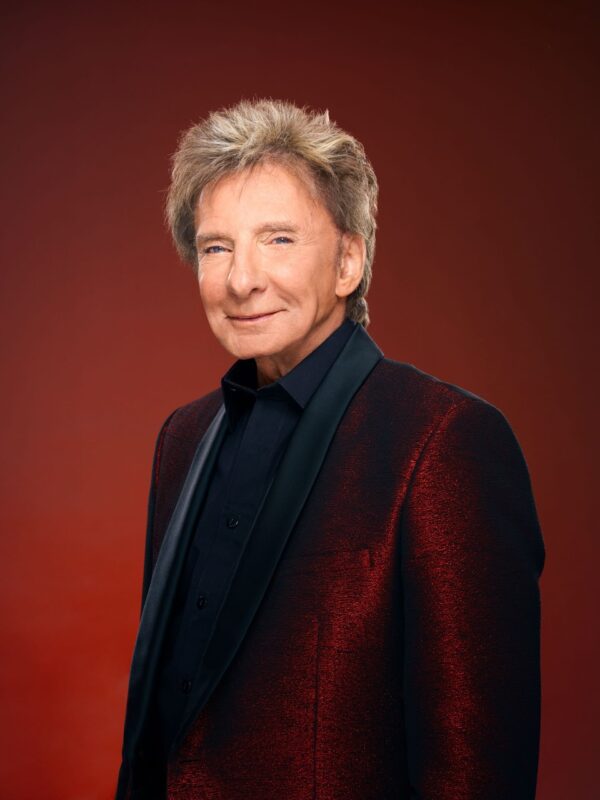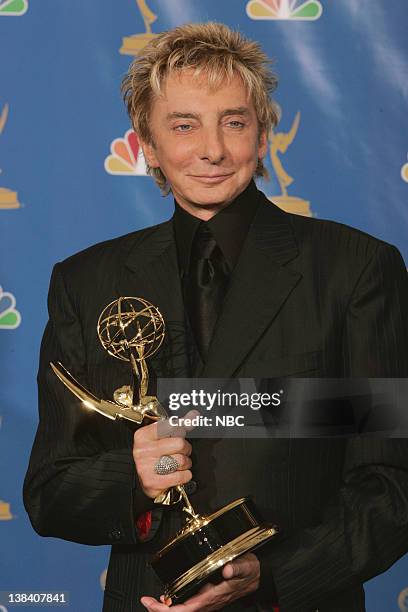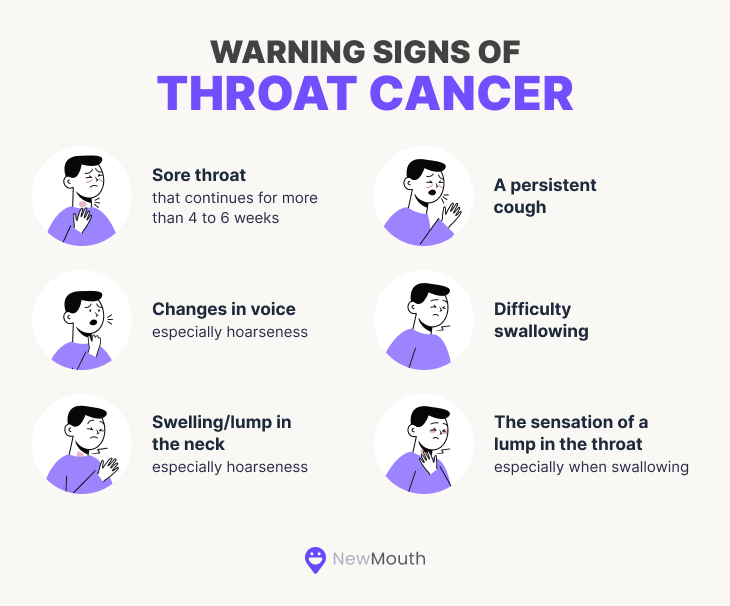
Barry Manilow and Throat Cancer: How He Went Against, How He Survived, and More
Barry Manilow’s legendary career, defined by hits like “Mandy,” “Copacabana,” and “I Write the Songs,” has shaped pop culture with his emotive ballads and theatrical performances. His influence on contemporary music has earned him multiple awards and Grammy nominations.
In 2020, Manilow was diagnosed with throat cancer, a challenge that tested his resilience. After treatment, he returned to performing, emphasizing the importance of early detection and regular health checks. Through interviews, he has advocated for open conversations about health issues, highlighting how proactive healthcare can help manage serious conditions.

How Did Barry Manilow Get Diagnosed with Throat Cancer?
In 2020, during a routine examination, he experienced changes in his voice, which prompted further investigation. These symptoms are often subtle and can be easily overlooked, highlighting the critical role of regular medical check-ups in identifying potential health issues early.The importance of early detection in Manilow’s case cannot be overstated. Throat cancer, particularly oropharyngeal cancer, can be difficult to diagnose in its early stages due to the lack of specific screening tests and the nonspecific nature of initial symptoms.
Symptoms
What Were Barry Manilow’s Initial Reactions to His Diagnosis?
Upon receiving the diagnosis, Manilow described his initial reaction as one of shock. He conveyed this sentiment in various interviews, stating, “I can’t believe this is happening to me.” This sense of disbelief is common among individuals diagnosed with serious illnesses, as it challenges their perception of health and stability.
Manilow has emphasized the importance of maintaining a positive mindset throughout his treatment. He remarked, highlighting his determination to face the challenges ahead with courage. This outlook not only helped him cope with the physical demands of treatment but also served as an inspiration to his fans.
What was the Prognosis?
The prognosis for throat cancer depends on factors like stage at diagnosis, cancer location, and the patient’s overall health. Early detection generally leads to a better prognosis.
Early-Stage Throat Cancer (Stage I & II): When diagnosed early, the five-year survival rate is 80-90%. Treatment often involves surgery, radiation, or both (American Cancer Society, 2023). Early intervention improves outcomes and reduces the need for more aggressive treatments.
Advanced-Stage Throat Cancer (Stage III & IV): In later stages, the five-year survival rate drops to 40-60%, depending on the spread to surrounding tissues or lymph nodes. Treatment typically includes a combination of surgery, radiation, and chemotherapy (American Cancer Society, 2023). While effective, these treatments may have significant side effects.
What Treatments Did Barry Manilow Undergo?
Barry Manilow’s treatment for throat cancer involved a combination of surgery and possibly radiation therapy, reflecting the common approaches to managing this type of cancer.
Surgery and Recovery
Surgery is often a primary treatment for throat cancer, especially when the disease is detected early. In Manilow’s case, the surgical procedure aimed to remove the tumor and any affected tissue from his throat. This type of surgery can include procedures such as cordectomy, where part or all of the vocal cords are removed, or other forms of laryngeal surgery to address cancerous growths.
Radiation Therapy
Radiation therapy is commonly used to treat throat cancer, either as a primary treatment or alongside surgery, particularly for localized or inoperable tumors. Its main purpose is to destroy cancer cells while minimizing damage to surrounding healthy tissue.
For Manilow, radiation would have targeted the tumor site to eliminate any remaining cancer cells. However, radiation can cause side effects, especially in sensitive areas like the throat and vocal cords. One of the most common side effects is hoarseness or a change in voice quality, as radiation can irritate or damage the vocal cords. This may lead to temporary or, in some cases, long-term changes in voice, making it challenging for singers to regain their original vocal capabilities.
Radiation can also cause dry mouth, difficulty swallowing, and a sore throat, as the salivary glands and mucous membranes in the mouth and throat may be affected. These side effects can hinder speech, eating, and drinking. In some cases, there may be long-term vocal damage, affecting voice quality and range.
To address these issues, patients often undergo voice therapy and speech rehabilitation post-treatment, which helps restore vocal function and mitigate damage. While radiation is vital for treating throat cancer, managing its side effects is crucial, particularly for patients like Manilow, whose careers depend on their voice.
How Did Barry Manilow Overcome Throat Cancer?
Barry Manilow’s journey through throat cancer treatment exemplifies remarkable mental resilience and determination. Despite facing significant health challenges, he continued to engage with his music career and maintain a connection with his fans, showcasing his dedication to both his craft and his audience.
Support from Family and Friends
During Barry Manilow’s battle with throat cancer, the support of his family and friends played a crucial role in his emotional and physical recovery.
Manilow has often expressed gratitude for the unwavering support he received from his loved ones during this difficult time. In interviews, he highlighted how his family was instrumental in helping him cope with the emotional weight of his diagnosis. He stated,
“My family has always been my rock. They kept me grounded and reminded me of what truly matters.”
This sentiment underscores the importance of a strong support system in facing health challenges.

Mental and Emotional Challenges
Manilow’s diagnosis was a profound shock, prompting feelings of vulnerability and anxiety about his future. In interviews, he has candidly discussed the fear of recurrence that often looms over cancer survivors. He stated, “You can’t help but think about it. Every little ache or pain makes you wonder if it’s coming back.” This constant worry is common among cancer patients, as the fear of the disease returning can lead to heightened stress and anxiety.Additionally, Manilow reflected on how his health struggles forced him to confront his mortality. He mentioned that the experience changed his outlook on life, stating,
“It makes you appreciate every moment. You realize how fragile life is.”
This newfound perspective encouraged him to prioritize what truly matters—relationships with loved ones and the joy of performing.

EMMY win in 2006
How Did Advocacy and Public Awareness Help?
Barry Manilow has effectively used his platform to raise awareness about throat cancer, leveraging his fame and personal experience to educate the public and support cancer research initiatives. His advocacy efforts encompass public speaking engagements, charity work, and collaborations with cancer research organizations.
Public Speaking and Advocacy
On The Today Show, Manilow openly discussed his cancer diagnosis and its emotional toll, focusing on the fear of losing his voice and the importance of seeking medical help when symptoms arise. He emphasized the need for open conversations about health, saying, “It’s a conversation we need to have.”
In interviews with Entertainment Tonight and Access Hollywood, Manilow shared his experience with cancer treatment, highlighting both the physical and emotional challenges. He urged men to prioritize their health and get regular check-ups, stressing the importance of early detection.
What Is Barry Manilow’s Life Like After Cancer?
Discuss Manilow’s life after surviving throat cancer. Include his return to performing, any health challenges he still faces, and how he maintains his health today.After his treatment, Manilow made a notable return to the stage, resuming his performances with renewed vigor. He expressed excitement about returning to his residency at the Westgate Las Vegas and other venues, indicating that performing remained a central part of his life. Despite some health setbacks, including complications from bronchial infections and vocal cord strain, he has managed to maintain a busy schedule. In statements, he has conveyed his determination to keep performing, saying,
“Performing is what I love; it keeps me going.”
Ongoing Health Challenges
What Causes Throat Cancer?
Throat cancer, including cancers of the larynx and oropharynx, is influenced by a combination of genetic, lifestyle, and environmental factors. Understanding these causes can help in assessing individual risk and promoting preventive measures.
- In 2024, an estimated 54,540 new cases of oropharyngeal and hypopharyngeal cancers (which include cancers of the throat) are expected to be diagnosed in the United States (American Cancer Society, 2024).
- Throat cancer is more common in men than in women. The male-to-female ratio for throat cancer is about 3:1 (National Cancer Institute, 2023).
Genetic and Environmental Factors
Genetic factors play a significant role in throat cancer risk. Inherited mutations, particularly in families with a history of head and neck cancers, increase the likelihood of developing similar cancers. Studies show that first-degree relatives of patients with squamous cell carcinoma of the head and neck are at higher risk (National Cancer Institute). Additionally, acquired mutations, often from environmental exposures, affect genes that regulate cell growth, such as tumor suppressor genes (e.g., p16) and proto-oncogenes. Chronic exposure to carcinogens like tobacco increases the risk by causing these mutations (American Cancer Society). Specific genetic conditions, such as Fanconi Anemia and Dyskeratosis Congenita, also elevate the risk of head and neck cancers, including throat cancer (National Institute of Health).
Environmental factors are crucial contributors to throat cancer risk. Tobacco use, the leading environmental factor, significantly increases risk, with smokers being 2.13 times more likely to develop head and neck cancers than non-smokers (Journal of Clinical Oncology). Alcohol consumption further raises the risk, particularly when combined with tobacco use (American Institute for Cancer Research). Human papillomavirus (HPV), especially types 16 and 18, is linked to up to 70% of oropharyngeal cancers in the U.S. (Centers for Disease Control and Prevention). Additionally, exposure to environmental pollutants like asbestos, arsenic, and chemicals in certain occupations can contribute to throat cancer risk (World Health Organization).
You can Learn More About Latest Research in Throat and other Head&Neck Cancer by OncoDaily Special Coverage from ASCO24 congress on Youtube
Potential Contribution to Manilow’s Diagnosis
While specific details about Barry Manilow’s personal health history regarding genetic predispositions or environmental exposures are not publicly disclosed, several factors could be considered:
- His lifestyle choices, including any history of tobacco or alcohol use, could also play a role in his throat cancer risk.
- Given his age and gender—two significant factors for increased throat cancer risk—these elements combined with any potential environmental exposures he may have encountered throughout his career could have influenced his health outcomes.
How Can Throat Cancer Be Prevented?
To prevent throat cancer, individuals can adopt several key lifestyle changes and preventive measures. Expert advice emphasizes the importance of regular screenings and lifestyle modifications to reduce risk factors associated with throat cancer.
The HPV vaccine plays a crucial role in reducing the risk of HPV-related cancers, particularly oropharyngeal cancer.Studies show vaccination reduces the risk of cancers caused by HPV, with a study of nearly 3.5 million people confirming its effectiveness, particularly in men and boys at higher risk. The vaccine lowers oral HPV infections by up to 88% in young adults, a key factor in preventing throat cancer. Despite its effectiveness, fewer than 60% of eligible children aged 15 to 17 were vaccinated as of 2022. HPV is responsible for about 70% of oropharyngeal cancers in the U.S., with rising incidence. The CDC recommends vaccination at ages 11 or 12 to ensure protection before sexual activity.
Regular Screenings
Lifestyle Changes
Maintaining a healthy diet is vital, focusing on fruits, vegetables, whole grains, and lean proteins, which provide antioxidants and protect cells from damage. Good oral hygiene, including regular brushing, flossing, and dental check-ups, helps prevent mouth infections that could increase cancer risk. Staying physically active is also key, with at least 150 minutes of moderate exercise per week recommended to boost the immune system and maintain a healthy weight.
FAQs
What health issues has Barry Manilow faced related to throat cancer?
Barry Manilow has faced throat cancer and complications like strained vocal cords and bronchial infections. His long history of smoking has contributed to these health challenges, leading to canceled performances in 2017 due to his vocal issues.
How did Barry Manilow’s smoking contribute to his throat cancer risk?
Manilow’s decades of smoking significantly increased his risk for throat cancer. Tobacco exposure introduces carcinogens that damage throat cells, making him more susceptible to cancer.
What treatments did Barry Manilow undergo for his throat cancer?
While specific treatment details are not publicly available, typical approaches for throat cancer include surgery, radiation, and chemotherapy. These treatments aim to remove tumors and preserve vocal function.
How has Barry Manilow’s experience with throat cancer affected his career?
His health issues have led to breaks from performing and canceled shows, but he remains dedicated to his music career and continues to perform despite these challenges.
What lifestyle changes might Barry Manilow have adopted after recovering from throat cancer?
Manilow likely quit smoking, adopted a healthier diet, and prioritized regular exercise. He may also focus on routine medical check-ups and screenings to monitor his health.
Has Barry Manilow spoken about the importance of early detection for throat cancer?
Yes, he emphasizes the importance of early detection and regular check-ups for those at risk, advocating for awareness around the risks associated with smoking.
What advice does Barry Manilow offer regarding health management after experiencing throat cancer?
Manilow encourages listening to one’s body and seeking medical attention when needed. He stresses the importance of regular screenings for individuals with risk factors like smoking or a family history of cancer.
Are Barry Manilow and Beyoncé related in any way?
No, Barry Manilow and Beyoncé are not related. They are both iconic musicians but belong to different generations and musical genres. Manilow is known for his pop and adult contemporary hits, while Beyoncé is a prominent figure in R&B and pop music.
What specific claims did Manilow make in his lawsuit against Hipgnosis?
In his lawsuit, Manilow claims that Hipgnosis misrepresented their expertise and experience, leading him to sign a deal that promised significant marketing efforts and bonus payments based on revenue growth. He states that none of the promised marketing occurred and that he was denied bonus payments despite meeting contractual targets.
-
Challenging the Status Quo in Colorectal Cancer 2024
December 6-8, 2024
-
ESMO 2024 Congress
September 13-17, 2024
-
ASCO Annual Meeting
May 30 - June 4, 2024
-
Yvonne Award 2024
May 31, 2024
-
OncoThon 2024, Online
Feb. 15, 2024
-
Global Summit on War & Cancer 2023, Online
Dec. 14-16, 2023

